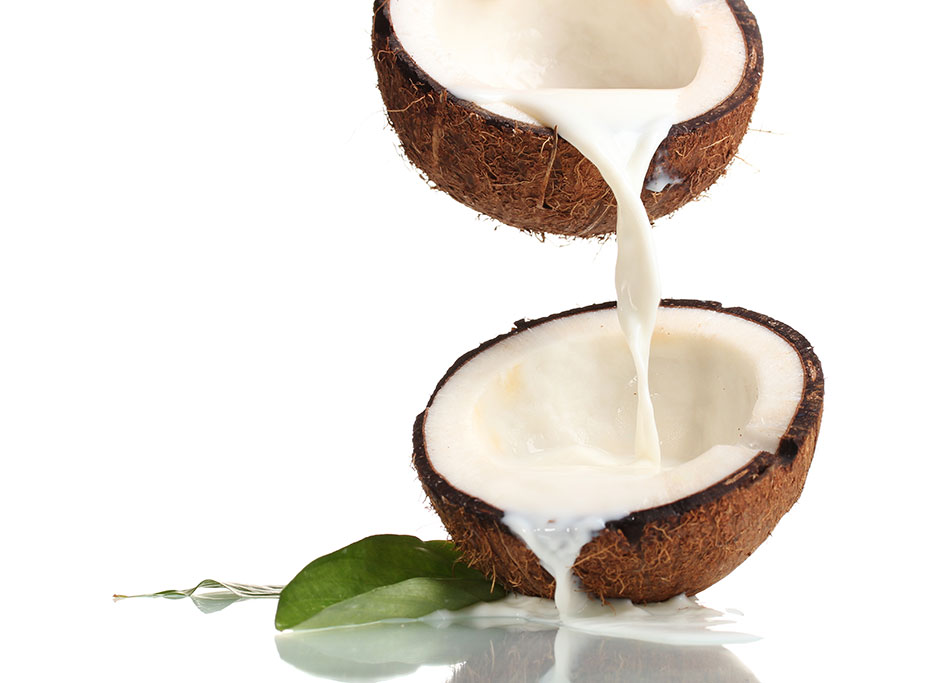It’s not like I don’t ever drink juice, or don’t ever have it in my home, but nowadays I mostly have it for guests, for whom I’d like to be an accommodating host. For our everyday life, I acknowledge, that juice is not a healthy replacement, for fruit or food. It’s about as healthy, as staving off hunger with a candy bar. “Juice as food†you say?
I am completely guilty of feeling “thirstyâ€, or even “hungry†and going for a glass of something to drink, instead of eating a meal or a snack. Lack of self control is the main reason that I keep juice out of my home. Saying no once per month at the store, is easier than saying no every time I open my fridge. Sometimes it’s hard to tell the difference between hunger, thirst and plain old sugar craving, when you have the sugar monster on your back. A glass of juice is easier to prepare than a meal.
Eight ounces of orange juice and half a bottle of cola both have 22 grams of sugar, and 8 ounces of your average cola (92 calories), and cola actually has slightly less calories than the same amount of orange juice (117 calories)! That isn’t even taking into account, that 8 ounces of juice, are those tiny glasses of OJ, that they give you in a diner, that everyone complains are too small. If you have a typical “small†serving of juice (16 ounces), you could have just gone and eaten a hamburger!
Even if you make the effort to buy “real fruit juiceâ€, what does “100 percent orange juice, ” “fresh, ” and “pure†mean, anyway? According to the law, not much. Juice that has been processed to the point of loosing it’s “natural†flavor, and needs to have “natural flavorâ€, aromas and sugars (in the form of adding sugar, fruit juice or concentrating it by taking out water) added back into it, can legally be labeled “fresh†and “pureâ€. The law is not on the side of the consumer, so trust labels at your own risk.
These drinks, will “only†ruin your and your child’s appetite if you are lucky. If you are unlucky the sugars will give them enough calories to avoid real food. Calories from sugar also replaces in the diet what would typically be found in a meal. Excess calories in the form of sugar, are one of many reasons that I believe, that many children (and adults) become picky eaters. When you are hungry, even beets taste go down easy.
People often say that sugar ruins your teeth. Â This is true. If your teeth are a representation of your bones, and sugar ruins your teeth, what havoc do you think sugar is having on your bones?
One of the reasons that sugar is so bad for your health, is that your body requires minerals like calcium, magnesium and iron to digest the sugars. In nature, these minerals would be in the foods you eat in the exact ratio we need to digest them, but sugar (especially white sugar) is an extract of sweet from the plant without all that other stuff that makes it less sweet. If the minerals are devoid from the sugar you consume, the sugar will borrow the necessary minerals, from your bones and organs causing mineral deficiencies, organ malfunction and failure.
Diabetes is organ failure. Failure of the pancreas to produce enough insulin to regulate your blood sugar. Osteoporosis is organ failure. Failure of your bones to properly  “remodel†themselves every 7 – 10 years, leading to thin brittle bones. What organ are you willing to sacrifice for your sugar habit?
Sugar is also the main diet of many pathenogenic bacteria. It is the main diet of candida a fungus that is known to causing various health problems. Are you wanting the sugar or the pathogens in you the one that is directing the craving?
I know, I know sugar is sweet. Sugar is good, but considering the damage to my health and that of my children, it might be a closer call if it were free but I have to pay money to get sick?
Since store bought juice has all the sugar and few if any building blocks for health, I have made a conscious choice to live without it.
A five dollar per week juice habit will cost you $250 annually; Six months of no juice will yield you $125. Not to mention At $2.50 and up for a half gallon of packaged processed juice; juice and drinks can quickly eat up a food budget.
Even real fruit and vegetable juice purchased in a package are no bargain. With all the enzymes cooked out of them via pasteurization and the flavor enhancers of unknown origin, what you end up with is even more expensive “sugar-waterâ€.
Do I get the sugar-water drink or get some milk or an extra pound of beef, or a carton of eggs for my family? Can I now splurge on the organic apples? No juice for a year and I can I afford to go in on a split half of beef with a neighbor?
Often the cost of packaged, processed sugar water is the same or higher than food.
To me the choice is crystal clear.
Ladies, am I the only one who gives store bought juice two thumbs down (in a circle)? What are your thoughts on juice? What alternative beverages do you offer your children?
Shaniqua is a stay-at-home mom living in a small Northern California town with her husband and three-year-old son. She is the chapter leader of the Morgan Hill Chapter of the Holistic Moms Network, through which she hosts playdates and holistic cook-ins.
In her “kitchen-turned-laboratoryâ€, Shaniqua explores the benefits of raw butter, raw cow milk and goat milk products, gluten-free and grain-free cooking, pastured meats, organ meats, and home-fermented foods. You may find her on her blog Natural Crossing.













